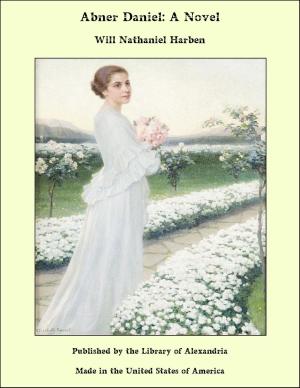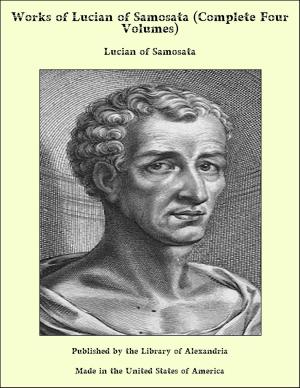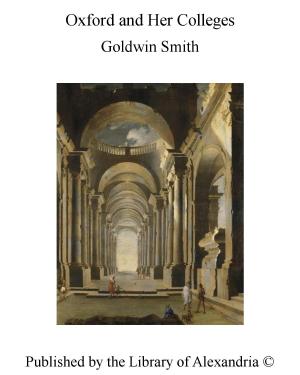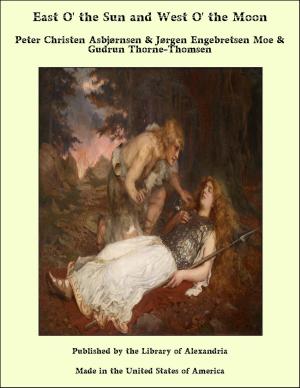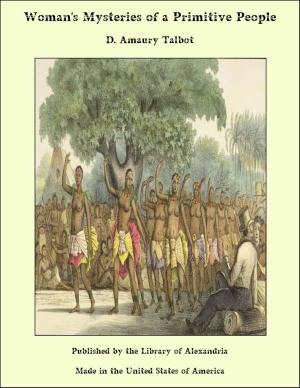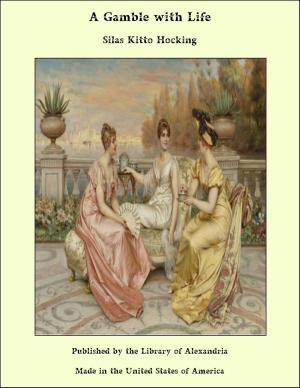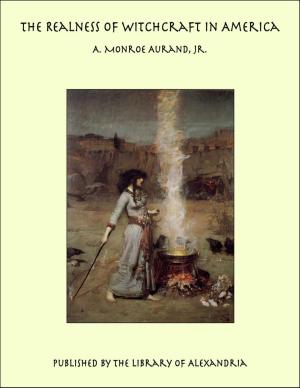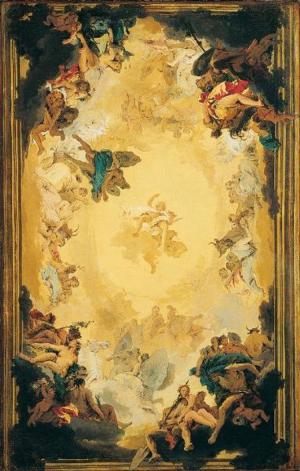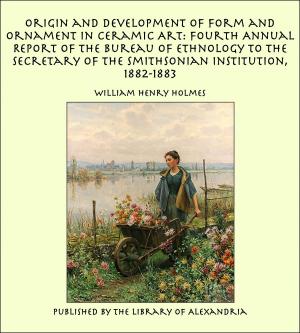Education and the Higher Life
Nonfiction, Religion & Spirituality, New Age, History, Fiction & Literature| Author: | J. L. Spalding | ISBN: | 9781465502834 |
| Publisher: | Library of Alexandria | Publication: | March 8, 2015 |
| Imprint: | Language: | English |
| Author: | J. L. Spalding |
| ISBN: | 9781465502834 |
| Publisher: | Library of Alexandria |
| Publication: | March 8, 2015 |
| Imprint: | |
| Language: | English |
IDEALS. A noble aim, Faithfully kept, is as a noble deed. WORDSWORTH. To few men does life bring a brighter day than that which places the crown upon their scholastic labors, and bids them go forth from the halls of the Alma Mater to the great world’s battlefield. There is a freshness in these early triumphs which, like the bloom and fragrance of the flower, is quickly lost, never to be found again even by those for whom Fortune reserves her most choice gifts. Fame, though hymned by myriad tongues, is not so sweet as the delight we drink from the tear-dimmed eyes of our mOthers and sisters, in the sacred hours when we can yet claim as our own the love of higher things, the faith and hope which make this mortal life immortal, and fill a moment with a wealth of memories which lasts through years. The highest joy is serious, and in the midst of supreme delight there comes to the soul a stillness which permits it to rise to the serene sphere where truth is most gladly heard and most easily perceived; and in such exaltation, the young see that life is not what they take it to be. They think it long; it is short. They think it happy; it is full of cares and sorrows. This two-fold illusion widens the horizon of life and tinges it with gold. It gives to youth its charm and makes of it a blessed time to which we ever turn regretful eyes. But I am wrong to call illusion that which in truth is but an omen of the divine possibilities of man’s nature. To the young, life is not mean or short, because the blessed freedom of youth may make it noble and immortal. The young stand upon the threshold of the world. Of the many careers which are open to human activity, they will choose one; and their fortunes will be various, even though their merits should be equal. But if position, fame, and wealth are often denied to the most persistent efforts and the best ability, it is consoling to know they are not the highest; and as they are not the end of life, they should not be made its aim. An aim, nevertheless, we must have, if we hope to live to good purpose. All men, in fact, whether or not they know it, have an ideal, base or lofty, which molds character and shapes destiny. Whether it be pleasure or gain or renown or knowledge, or several of these, or something else, we all associate life with some end, or ends, the attainment of which seems to us most desirable
IDEALS. A noble aim, Faithfully kept, is as a noble deed. WORDSWORTH. To few men does life bring a brighter day than that which places the crown upon their scholastic labors, and bids them go forth from the halls of the Alma Mater to the great world’s battlefield. There is a freshness in these early triumphs which, like the bloom and fragrance of the flower, is quickly lost, never to be found again even by those for whom Fortune reserves her most choice gifts. Fame, though hymned by myriad tongues, is not so sweet as the delight we drink from the tear-dimmed eyes of our mOthers and sisters, in the sacred hours when we can yet claim as our own the love of higher things, the faith and hope which make this mortal life immortal, and fill a moment with a wealth of memories which lasts through years. The highest joy is serious, and in the midst of supreme delight there comes to the soul a stillness which permits it to rise to the serene sphere where truth is most gladly heard and most easily perceived; and in such exaltation, the young see that life is not what they take it to be. They think it long; it is short. They think it happy; it is full of cares and sorrows. This two-fold illusion widens the horizon of life and tinges it with gold. It gives to youth its charm and makes of it a blessed time to which we ever turn regretful eyes. But I am wrong to call illusion that which in truth is but an omen of the divine possibilities of man’s nature. To the young, life is not mean or short, because the blessed freedom of youth may make it noble and immortal. The young stand upon the threshold of the world. Of the many careers which are open to human activity, they will choose one; and their fortunes will be various, even though their merits should be equal. But if position, fame, and wealth are often denied to the most persistent efforts and the best ability, it is consoling to know they are not the highest; and as they are not the end of life, they should not be made its aim. An aim, nevertheless, we must have, if we hope to live to good purpose. All men, in fact, whether or not they know it, have an ideal, base or lofty, which molds character and shapes destiny. Whether it be pleasure or gain or renown or knowledge, or several of these, or something else, we all associate life with some end, or ends, the attainment of which seems to us most desirable

